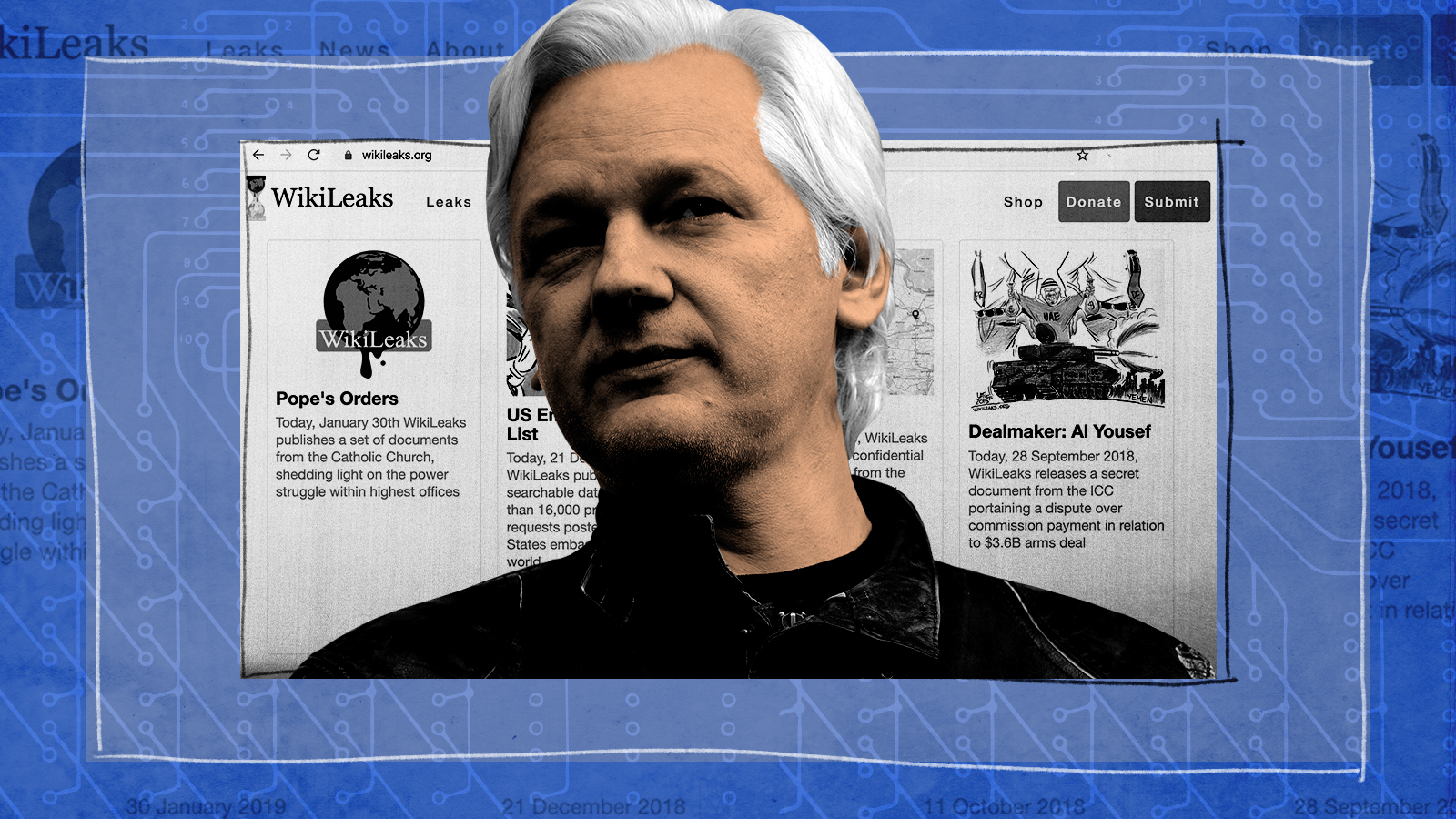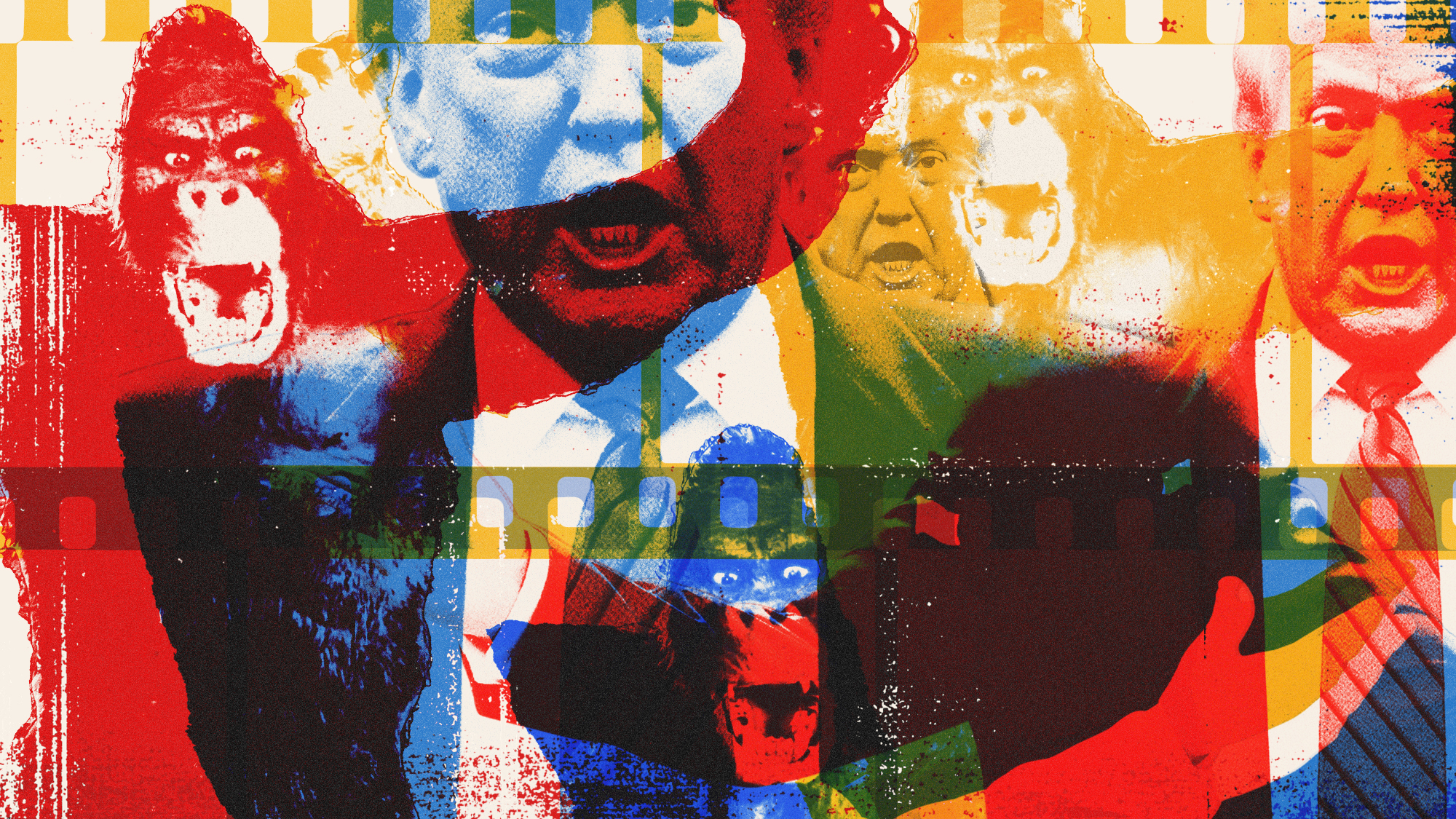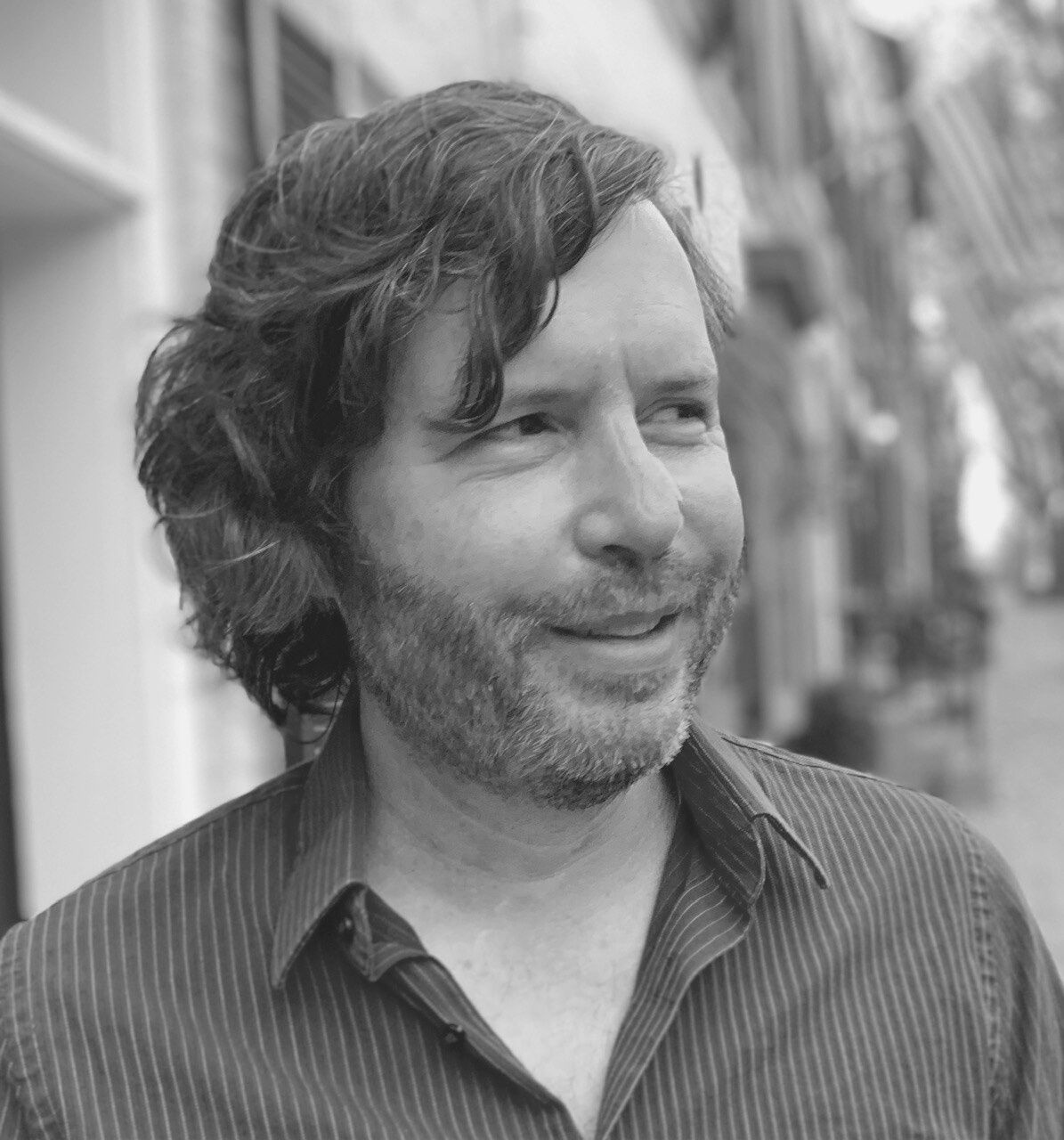Charging Julian Assange with espionage is a greater threat to democracy than Jan. 6


A free daily email with the biggest news stories of the day – and the best features from TheWeek.com
You are now subscribed
Your newsletter sign-up was successful
The mob attack on the Capitol on Jan. 6, 2021, was a shameful and tragic day. Some in Congress on the Jan. 6 congressional committee believe it represented a threat to American democracy.
Yet some of these leaders support another threat to our democracy that is arguably even greater.
Controversial Wikileaks founder Julian Assange is wanted by the United States for leaking classified government information in 2010 and 2011 that revealed potential war crimes perpetrated by the United States. The U.S. wants him tried for espionage, and, late last week, a U.K. court granted his extradition.
The Week
Escape your echo chamber. Get the facts behind the news, plus analysis from multiple perspectives.

Sign up for The Week's Free Newsletters
From our morning news briefing to a weekly Good News Newsletter, get the best of The Week delivered directly to your inbox.
From our morning news briefing to a weekly Good News Newsletter, get the best of The Week delivered directly to your inbox.
Assange and his defenders contend leaking secret government information to the public is what any journalist might do on a regular basis. Basic reporting.
This is not new. When The New York Times published the Pentagon Papers in 1971, which showed how the president had deceived the public about the Vietnam War, the Richard Nixon administration sued the paper. Henry Kissinger called the leaker, Daniel Ellsberg, "the most dangerous man in America." Nixon reportedly raged at his aides over Ellsberg, telling them to "destroy" that "son of a b---h" and "I don't care how you do it."
Successfully representing The New York Times then was attorney James Goodale. When former President Barack Obama was seeking to punish Assange, Goodale compared the situation to the Pentagon Papers case, telling The Guardian in 2013 "it's the very same thing ... [Y]ou've got to remember, [Chelsea] Manning's the leaker. Everyone says Assange is a leaker. He's not a leaker. He's the person who gets the information." That means "if you go after Wikileaks criminally, you go after the Times," amounting to "the criminalization of the whole process," Goodale argued.
The criminalization of journalism?
A free daily email with the biggest news stories of the day – and the best features from TheWeek.com
Indeed, today the Pentagon Papers are hailed by many as an example of how a free press and people function. Yet Rep. Liz Cheney (R-Wyo.), a leading Jan. 6 committee member who has positioned herself as a defender of democracy against former President Donald Trump and his supporters, wanted Iceland's government to shut down Wikileaks. "I would like to see them move aggressively to prosecute Mr. Assange," Cheney said in 2010, adding, "what he's done is very clearly aiding and abetting al Qaeda." She's far from the only leader on the Jan. 6 committee who feels this way.
A free press is the cornerstone of any democratic society. Some will continue to argue whether the problematic Assange is actually a journalist, just as some now debate whether the Jan. 6 attack represents something greater than just the chaos of that day. But if Assange were found guilty of espionage for his actions, there is good reason to fear it would have a chilling effect on America's free press and do irreparable harm to our democracy.
Goodale warned of this very prospect back in 2013. "It's absolutely frightening," he said.
Jack Hunter is the former political editor of Rare.us and co-authored the 2011 book The Tea Party Goes to Washington with Sen. Rand Paul. Find him on Twitter @jackhunter74.
-
 The environmental cost of GLP-1s
The environmental cost of GLP-1sThe explainer Producing the drugs is a dirty process
-
 Greenland’s capital becomes ground zero for the country’s diplomatic straits
Greenland’s capital becomes ground zero for the country’s diplomatic straitsIN THE SPOTLIGHT A flurry of new consular activity in Nuuk shows how important Greenland has become to Europeans’ anxiety about American imperialism
-
 ‘This is something that happens all too often’
‘This is something that happens all too often’Instant Opinion Opinion, comment and editorials of the day
-
 Grand jury rejects charging 6 Democrats for ‘orders’ video
Grand jury rejects charging 6 Democrats for ‘orders’ videoSpeed Read The jury refused to indict Democratic lawmakers for a video in which they urged military members to resist illegal orders
-
 Democrats push for ICE accountability
Democrats push for ICE accountabilityFeature U.S. citizens shot and violently detained by immigration agents testify at Capitol Hill hearing
-
 Big-time money squabbles: the conflict over California’s proposed billionaire tax
Big-time money squabbles: the conflict over California’s proposed billionaire taxTalking Points Californians worth more than $1.1 billion would pay a one-time 5% tax
-
 Will Peter Mandelson and Andrew testify to US Congress?
Will Peter Mandelson and Andrew testify to US Congress?Today's Big Question Could political pressure overcome legal obstacles and force either man to give evidence over their relationship with Jeffrey Epstein?
-
 Did Alex Pretti’s killing open a GOP rift on guns?
Did Alex Pretti’s killing open a GOP rift on guns?Talking Points Second Amendment groups push back on the White House narrative
-
 Rep. Ilhan Omar attacked with unknown liquid
Rep. Ilhan Omar attacked with unknown liquidSpeed Read This ‘small agitator isn’t going to intimidate me from doing my work’
-
 Washington grapples with ICE’s growing footprint — and future
Washington grapples with ICE’s growing footprint — and futureTALKING POINTS The deadly provocations of federal officers in Minnesota have put ICE back in the national spotlight
-
 Can anyone stop Donald Trump?
Can anyone stop Donald Trump?Today's Big Question US president ‘no longer cares what anybody thinks’ so how to counter his global strongman stance?
